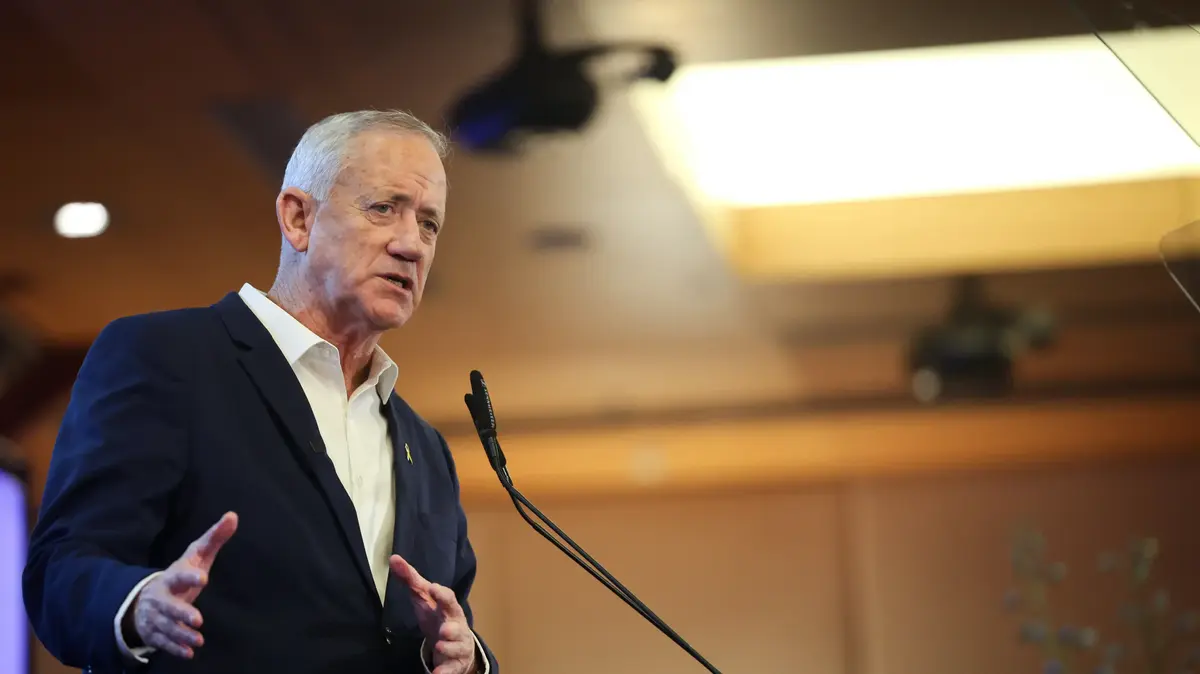During the five years of political crisis in Israel, the ultra-Orthodox parties tied their fate to that of the right-wing bloc.
Wherever Netanyahu steered the ship, that's where they went. It made pretty good electoral sense. Voters' support for the right-wing bloc in general, and for Netanyahu in particular, is enormous – the values of the ideological youth of the sector are drawing closer to the right-wing bloc. But after three months of a full-fledged right-wing government, the ultra-Orthodox need to ask themselves honestly: Maybe we made a mistake? Perhaps it is worth sacrificing a small number of "ideological" seats for almost unlimited political power?
The decision to go all-in with the right-wing bloc was based mostly on three assumptions: The first assumption is that demographically, this is the bloc with the most potential for growth, because Religious Zionism voters will inevitably have more children than Meretz voters. The second is that the voting public is much more connected to the right-wing bloc; And the third and most important is that the right-wing bloc is completely dependent on the ultra-Orthodox, and will therefore have to fully meet their needs.
Since Netanyahu's sixth government was formed, and after the ultra-Orthodox waited five years for it to be formed, walked with Netanyahu through fire and water, gave up on a comfortable government with Gantz, refused to look to the left and even spent a year and a half in opposition, they are finally back at the helm. But unfortunately, this is simply not enough.
Ever since the government was formed, the ultra-Orthodox have been giving up concession after concession. It began with the dissolution of the legal reform, of which the ultra-Orthodox parties are among the main supporters, it moved to the rejection of the draft law, and today – to arguments over the budget. True, the budget for the yeshivas has increased and Avrachim will receive handsome funding from the state, but there is no doubt that all these things and even more could have been achieved by the Haredim in a coalition with the opposite bloc, and then it would also have passed through to them in public convenience.
The decision of the ultra-Orthodox parties to go only with the right-wing bloc dramatically reduces their bargaining power. In the end, Netanyahu knows that these parties are in his pocket. While there is a delicate balance of terror in which Netanyahu seeks to please the ultra-Orthodox parties, he has never felt any real pressure from them. In fact, the ultra-Orthodox parties have no whip against the right-wing government, and unlike Ben-Gvir and Smotrich, who must be part of the right-wing bloc, the ultra-Orthodox have an alternative.
It is precisely in the current position of power of the ultra-Orthodox that they need to start thinking about the political future of their sector. Because of the demographic advantage, the ultra-Orthodox are in a perfect position to maximize their power, and they – with conscious decision and open eyes – decide to limit themselves. This decision is understandable. The ultra-Orthodox public is getting closer and closer in its ideological views to the right-wing bloc and to the areas of Religious Zionism and Otzma Yehudit – and there is concern that it will spill over to these parties.
But the ultra-Orthodox parties have much more to gain from being a balance sheet. They will not lose many voters, and the few who switch to other parties in the right-wing bloc are "sacrifices" worth giving for much more significant political power. Even if they eventually sit down with the right, this time it will be from a position of power; A position in which they clearly have a pretty good alternative on the other side.
Wrong? We'll fix it! If you find a mistake in the article, please share with us









